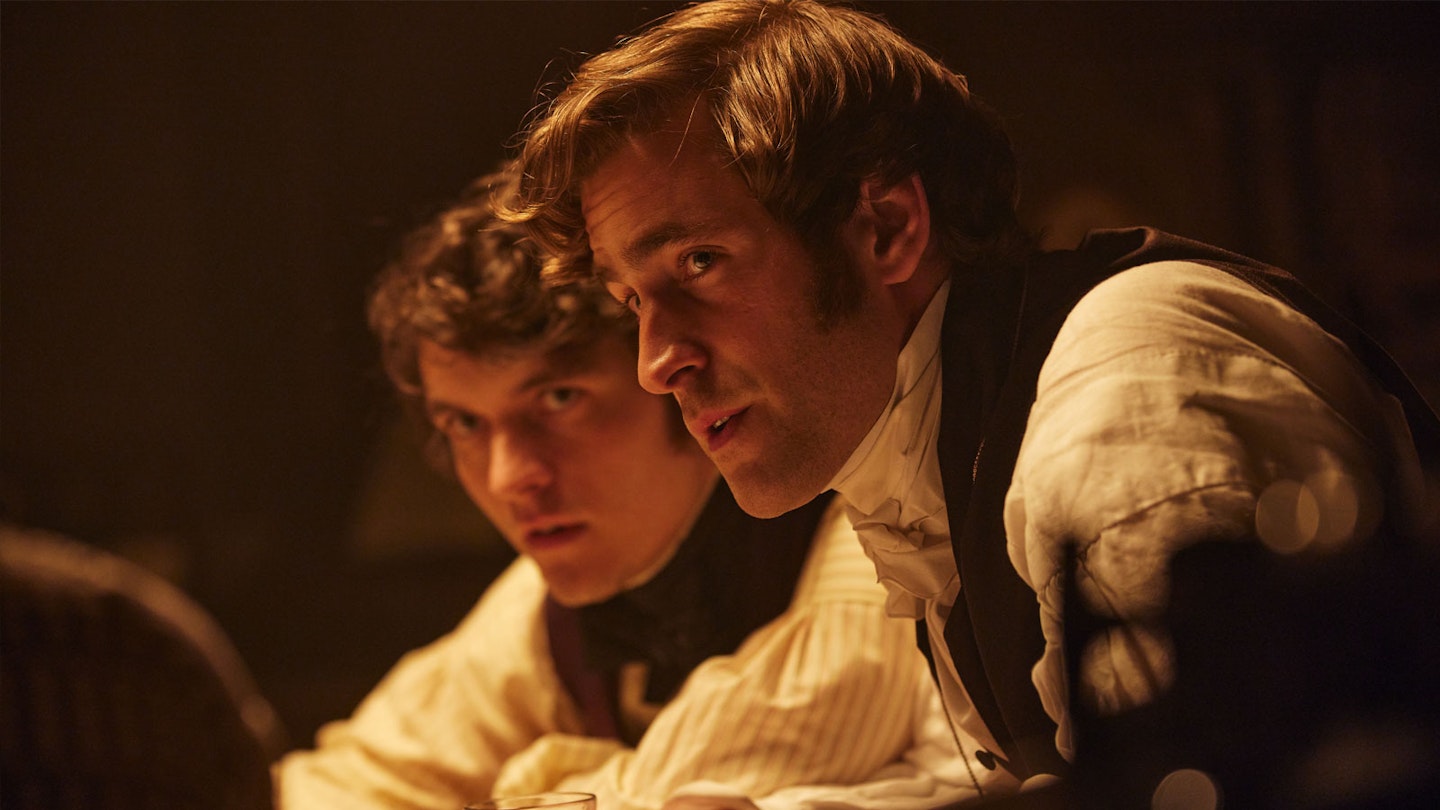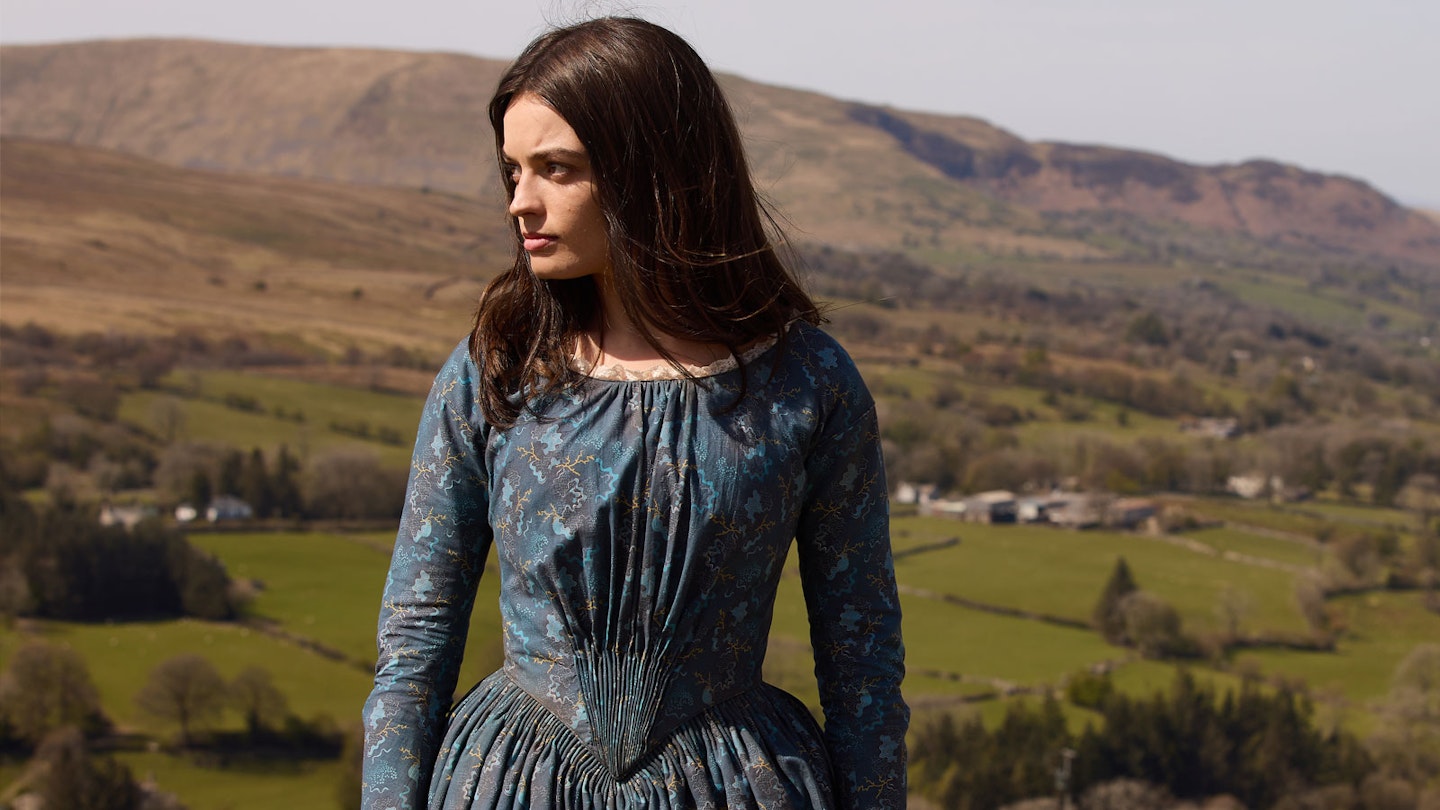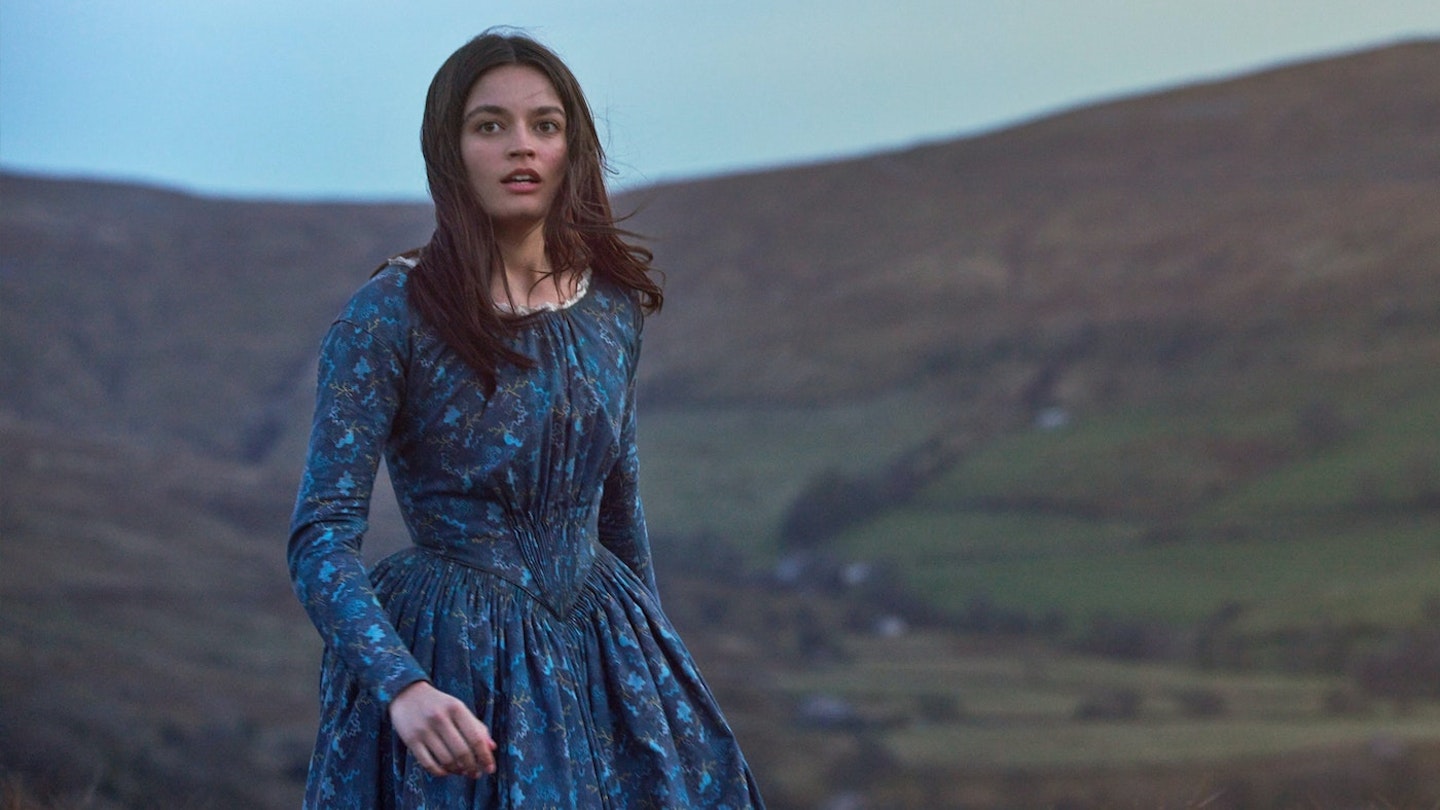Of the Brontë sisters, those three great 19th-century Yorkshire novelists, Emily has proved the most inspiring to later artists. From Andrea Arnold to Kate Bush, her only novel Wuthering Heights stands apart from classic British literature as a grittier, earthier work of fiction that so brutally captures the storm and stress of rural Northern England. It is only natural to want to know more about the woman who wrote it, as actor-turned-writer-director Frances O’Connor does in Emily, but it might be best to leave it to biographers and historians.

There’s nothing wrong with speculative fiction, of course, with works of British directors including Ken Russell and Derek Jarman proving this. But the issue with Emily is that it never does anything interesting with the imagined life it creates for the second-youngest Brontë, choosing merely to recast a rough version of Wuthering Heights with Emily (Emma Mackey) herself in the role of Cathy Earnshaw, and a visiting preacher, William Weightman (Oliver Jackson-Cohen), as her Heathcliff. A bold experiment, perhaps, but it leaves us with a film that does not allow Brontë the respect to create her own fiction.
By failing to commit to any certain source material, O’Connor’s writing never feels wholly coherent as it moves towards Emily’s premature death. Not actually being “based on a true story” is no licence for sloppiness. Mackey does what she can with the stolid material, making Emily a version of her Sex Education character Maeve in period clothing. But this should be Brontë country — Yorkshire, wind, rain, earth and dirt, not clean white sheets and the missionary position.

